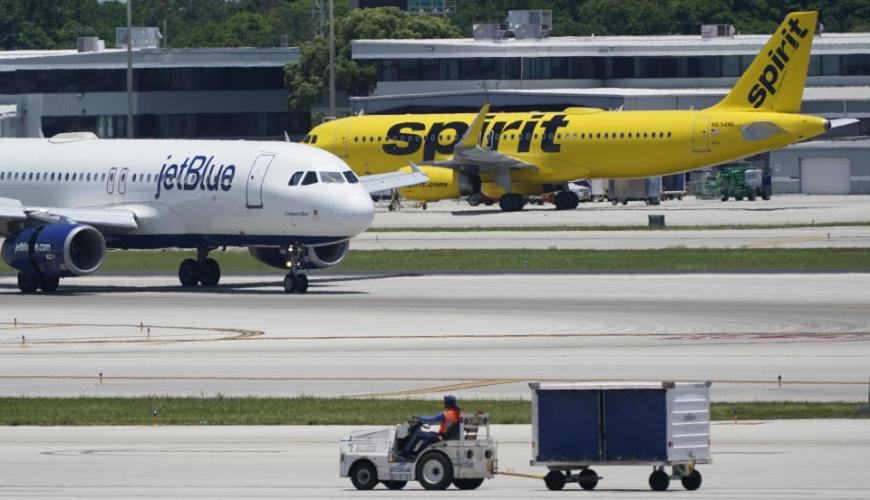'Cooling Effect' on M&A Activity Likely Due to FTC's Case Against Kroger-Albertsons Merger
- 03 March 2024 2:00 AM

Recent multi-billion dollar deals, such as Capital One’s $35 billion acquisition of Discover Financial and Walmart’s $2.3 billion purchase of smart TV manufacturer Vizio, demonstrate a resurgence of merger and acquisition (M&A) activities among corporate giants. However, this resurgence may be short-lived due to potential deterrents emerging from regulatory bodies.
Notably, the Federal Trade Commission’s (FTC) push to halt Kroger’s $25 billion purchase of Albertsons could negatively influence future deal making, potentially posing risks for investors. According to former FTC commissioner Mozelle Thompson, the Biden administration's stricter scrutiny of mergers represents a signal that could significantly cool the M&A environment.
Since assuming power in January 2021, the Biden administration has prioritized antitrust efforts, reflected in the 24 merger enforcement challenges made by the FTC in the 2022 fiscal year. These statistics represent the second highest such figure within the past decade. The FTC's lawsuit against the Kroger-Albertsons union is just the most recent in a series of actions by the Biden administration aiming to prevent industry consolidation, from tech to airlines.
Recent victories for antitrust efforts include the Department of Justice's successful prevention of JetBlue’s $3.8 billion acquisition of Spirit Airlines, as well as the decision by biotech company Illumina to divest Grail. Analysts warn that this campaign against corporate consolidation is likely to persist, irrespective of the results of the 2024 presidential election.
A shift in conservative perspective on antitrust issues prompts predictions that M&A activities will continue to be heavily scrutinized, even if there is a change in political power. Chief Washington policy analyst Brian Gardner of Stifel noted that the antitrust moves pursued by the Biden administration were started during the Trump era.
Senator JD Vance (R-Ohio), among others, commended FTC Chair Lina Khan's antitrust crackdown, indicating a growing bipartisan consensus on the issue. Initial opposition to the proposed Kroger-Albertsons merger involved concerns from senators Amy Klobuchar (D-Minn.) and Mike Lee (R-Utah) about reduced competition and consumer choice. This bipartisan disapproval extended to the state level as well, with a group of nine state attorneys general joining the FTC lawsuit.
The FTC's challenge of Kroger’s plan to acquire Albertsons is one of the first under new merger guidelines established by the FTC and DOJ. These new guidelines are expanded to consider the impact of mergers on labor market competition and could reshape the business climate for years, as a wider range of mergers will come under scrutiny.
According to Thompson, this stricter antitrust climate implies that companies looking to merge will need to demonstrate substantial benefits, while also being prepared for potentially higher costs and longer timelines. Although deals may still transpire, the process is expected to become more complex and expensive.
